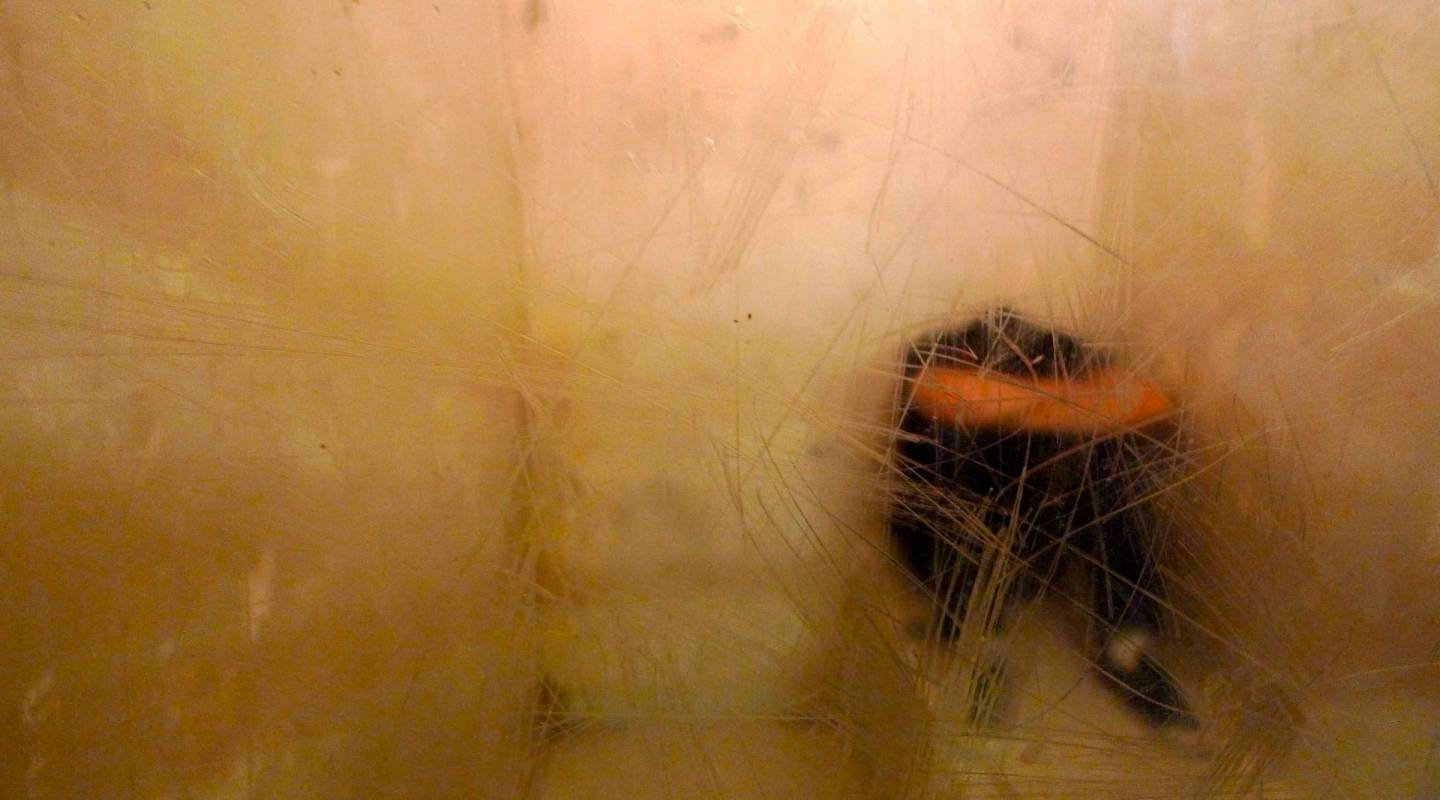More than 40% of prisoners suffer from at least one mental health issue. In 2019, approximately 30% of the prison population was receiving psychiatric treatment. A study carried out in 2017 by the Tuscan Regional Agency of Health (Agenzia Regionale di Sanità, ARS) reported that 912 of 3,100 prisoners in the region suffer from poor mental health. Neurotic disorders and drug dependency problems have experienced a decrease while the number of personality disorders has been rising in the last few years.
People suffering from mental health issues placed under the ordinary prison regime are frequently held in “medical seclusion cells”. The CPT reported that at Como Prison, more than 40 people were subject to these placements between January 2015 and April 2016. It highlighted the sense of punishment felt by those placed there. Some are tied up or kept in solitary confinement for six days. There are allegations of violence from the staff, including kicking and punching prisoners. Some prisoners in mental crisis are placed in “smooth cells”, usually reserved for people at risk of suicide or self-harm.
Prisoners who have mental health problems must go to mental health care units (Articolazioni per la Tutela della Salute Mentale, ATSM). The prison administration, who are accountable to the Ministry of Justice, decide who to place there. The medical staff of these units is under the responsibility of the Ministry of Health.
In 2018, 47 ATSMs housed 251 prisoners. There are no national guidelines for the management of these units, and it varies from one region to another. Some units only have a few beds, while in Turin prison, there are two units with 36 beds. The living conditions are often similar to those of an ordinary prison regime. The CPT noted the lack of ATSM places. In its 2019 report, the CPT stated that one prisoner at Viterbo prison waited for more than two years for his transfer. As a result, his mental health had progressively deteriorated. Those awaiting transfer are usually in solitary confinement. There are plans to build new ATSMs.
Il Sestante, the psychiatric observation unit of Turin prison, accommodates prisoners with severe mental disorders. There is specific section to receive prisoners in mental crisis. In theory, their stay should not exceed a few hours, but, in practice, it can last up to 20 days. The CPT reported poorly maintained and unhygienic premises. People are isolated in unsanitary rooms. They are subject to round-the-clock video surveillance, and not allowed any personal belongings. Psychiatric support is available for 12 hours a day. There is a second section for those deemed fit to undertake a course of treatment. It consists of bedrooms, a common room and a library. The rooms are described as being in good condition, and treatment takes place in a dedicated area. This section has an open-door policy.
Access to mental healthcare¶
A general medical examination takes place within 24 hours of arriving at the prison. A general practitioner and a psychologist assess the risk of suicide and self-harm. If necessary, they contact mental health professionals and addiction services (Servizi per le Tossicodipendenze, SerT).
It can take a few days to get a routine consultation with a general practitioner in large prisons. The wait to see a specialist can take up to a year. Prisoners may have to make several requests before they are granted an appointment.
Provision of mental health treatment¶
In ordinary prison regime, the primary form of treatment for psychiatric patients is medication. Prison staff condemn the excessive use of medication to mitigate psychological distress. Almost 28% of prisoners undergoing treatment are administered psychotropic drugs. The Garante nazionale dei diritti delle persone
private della libertà personale (the National Preventive Mechanism, NPM) reported the lack of “appropriate” care, the lack of individual programmes, and regular consultations. There are not enough rooms for consultations or group therapy. Consultations take place in the prison infirmary or cells. In 2019, the CPT revealed the dire conditions of many of the infirmaries visited.
In Turin, the Il Sestante unit provides , in the section 8, group therapy and regular meetings with educators. The CPT stated that this level of care is “adequate”.
SerT provides outpatient treatment for people addicted to drugs. These teams, consisting of doctors, educators and psychiatrists, pay regular visits to prisons. They offer drug treatment and therapy, and help around 15% of the prisoners.
The ATSM prepares an individual treatment plan. Medication takes precedence over therapy. The NPM reported the lack of appropriate and tailored therapeutic programmes in Belluno Prison.
Medical staff¶
Each prison must have nurses, a general practitioner, and a psychiatrist on site. The CPT noted that a doctor is a permanent staff member in all the prisons visited. Each facility has a psychiatric ward or, at the very least, a psychiatrist. In larger prisons, mental health staff are present six days a week, but in smaller prisons, only two or three days a week.
Medical confidentiality¶
The CPT reported that there is no guarantee of medical confidentiality in any of the prisons it visited. Prison staff routinely attend medical consultations, sometimes at the request of the health professionals themselves. Healthcare staff are responsible for administering medication.
Emergency measures¶
The prison administration must transfer prisoners in mental crisis to an ATSM or general hospital. Instead, they end up in an isolation cell, or a “smooth cell”. Correctional officers generally manage mental crises with no healthcare staff present. In 2016, the CPT reported that at Como Prison, a group of guards extracted a prisoner from his cell after he had self-harmed. He alleged that the prison officers slapped and kicked him before placing him in solitary confinement, wearing just his underwear for four days.
Compulsory Care Orders called “trattamenti sanitari obbligatori” (TSO) can be applied to prisoners in crisis without their consent. This measure is only employed for mental disorders, but is rarely used.
Prison officer training¶
Ordinary prison regime officers do not require specific mental health training. They are offered training in suicide prevention and aggressive behaviour. ATSM officers usually receive specialised training.
Continuity of treatment¶
Public health agencies must be notified of prisoners with severe mental health issues to ensure follow-ups once they are released.
Medical records exist in hard copy only. Upon transfer, the prisoners’ medical history does not go with them. They do not automatically receive their medical records once released. They can request them if they need particular documents.










